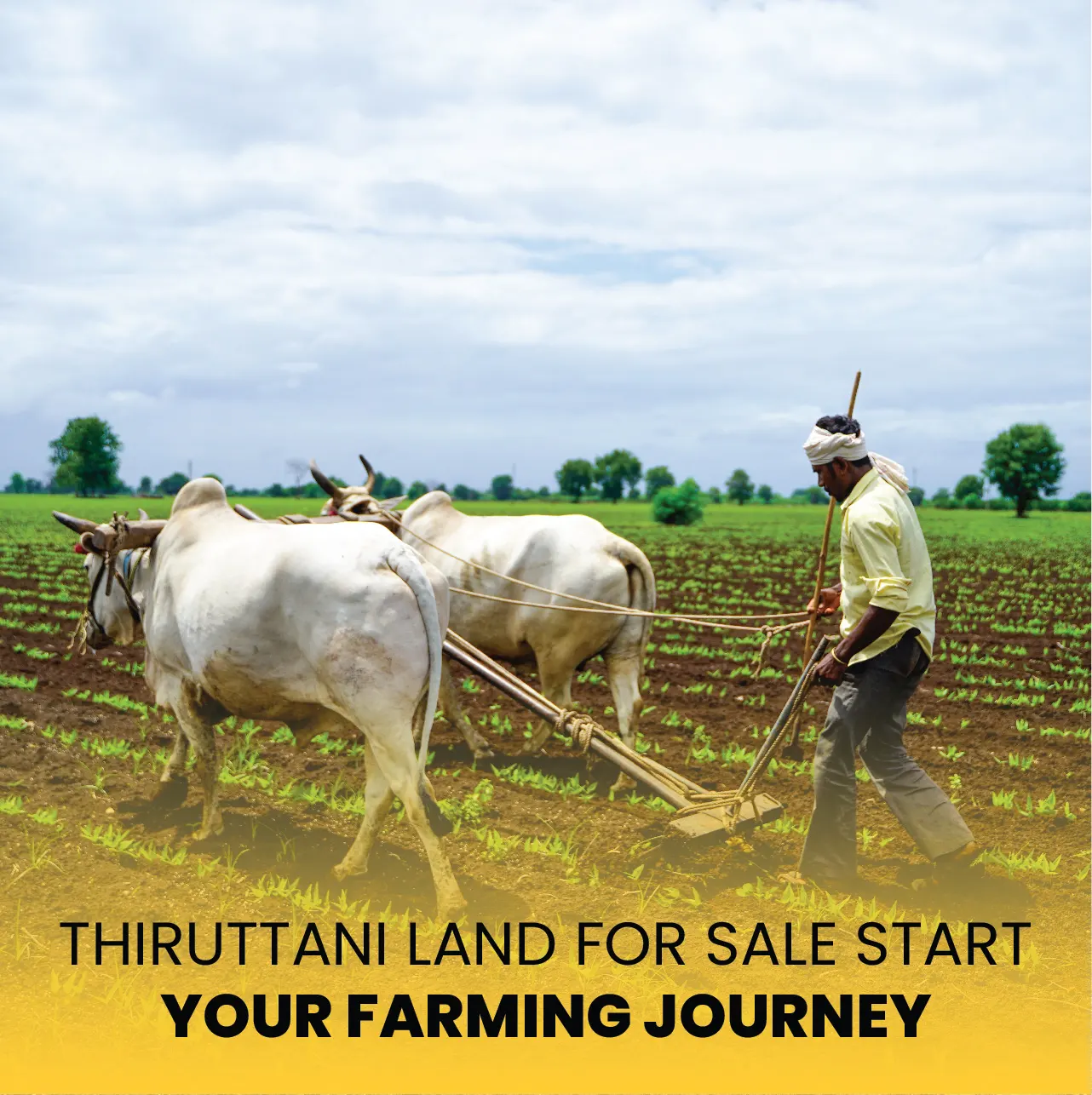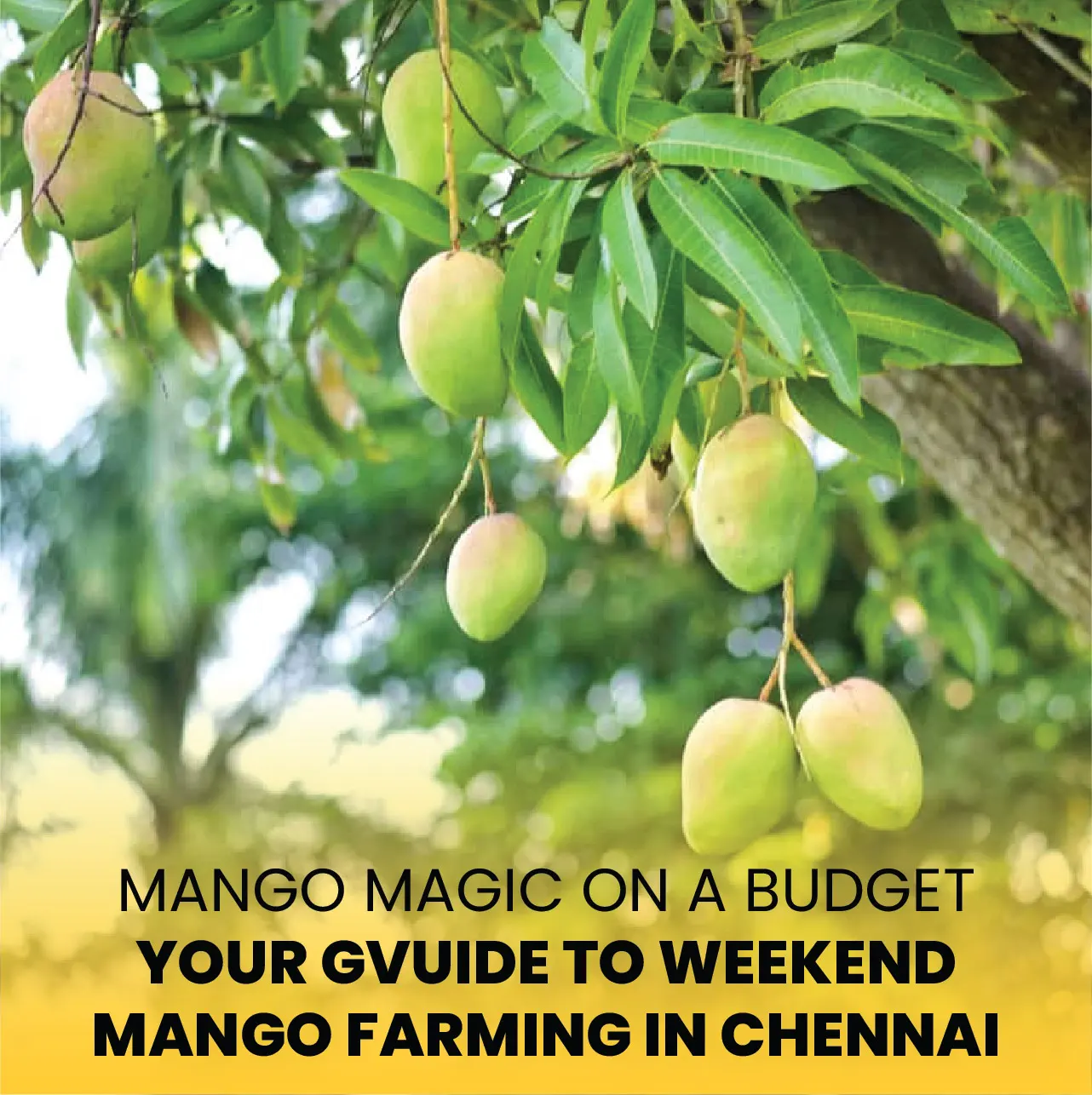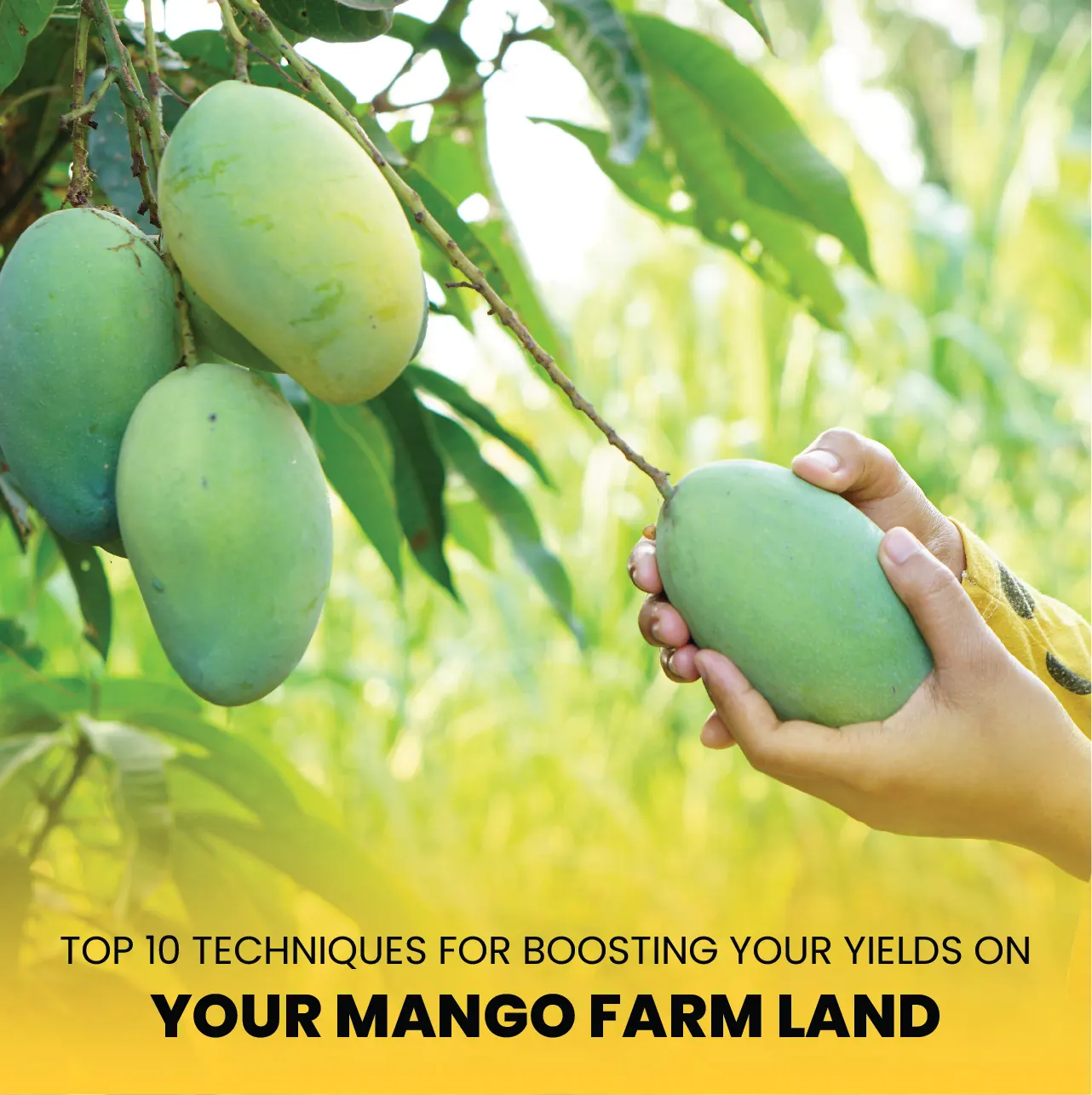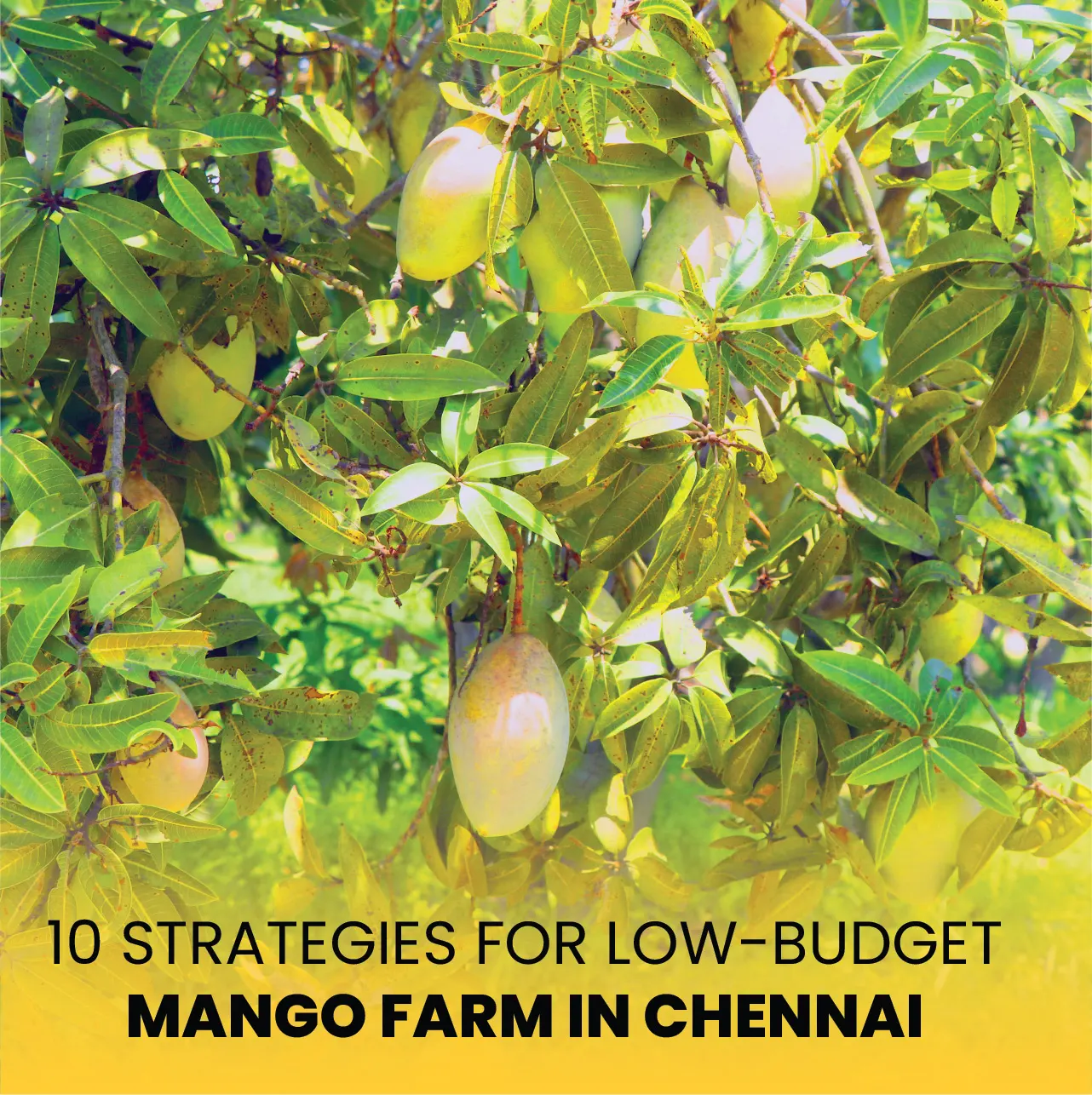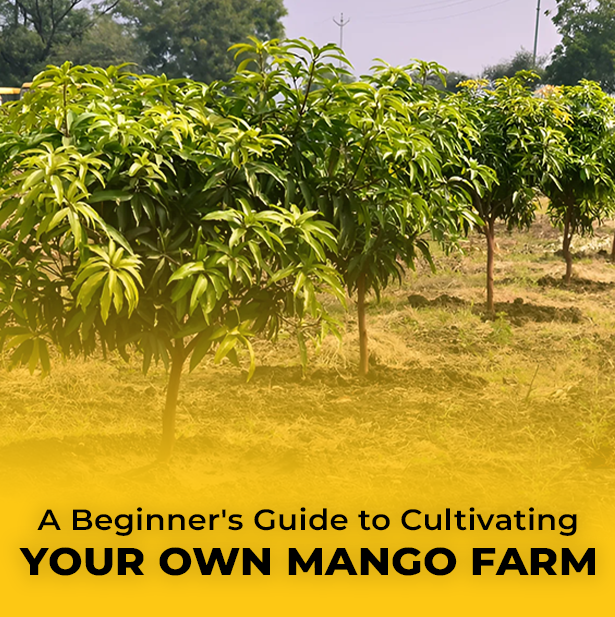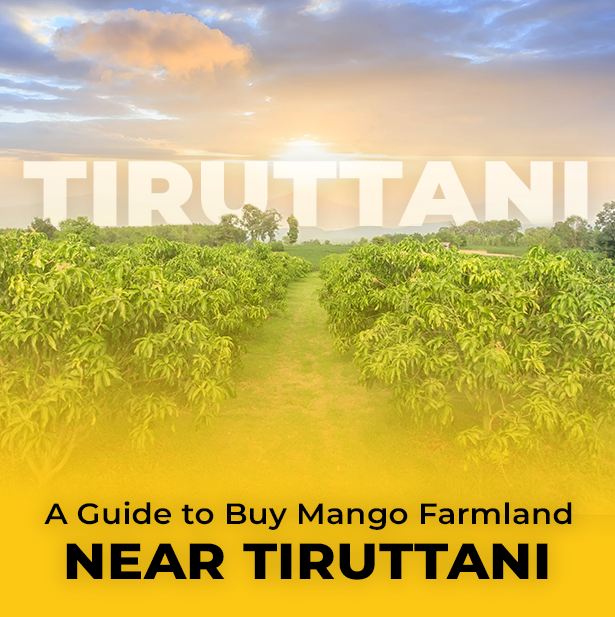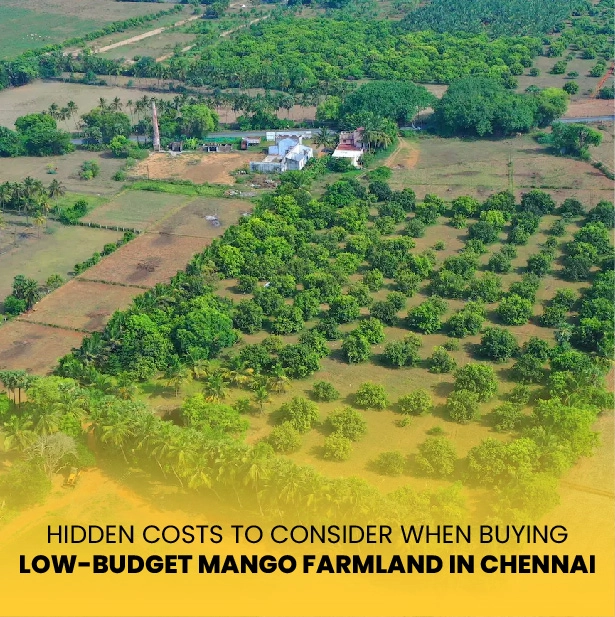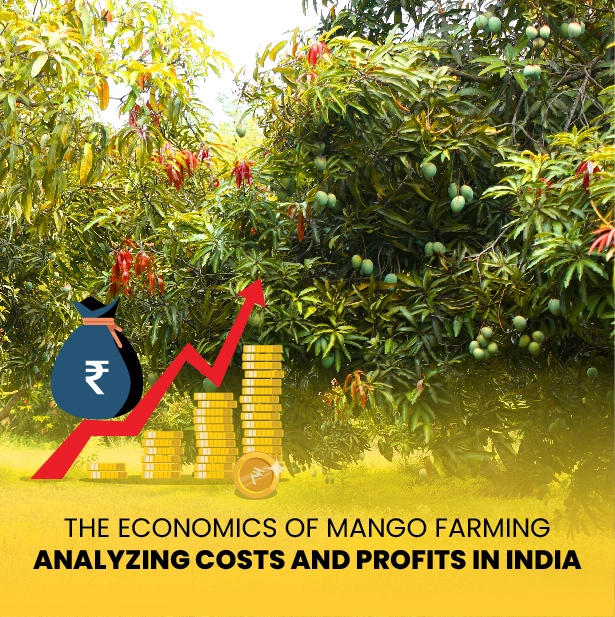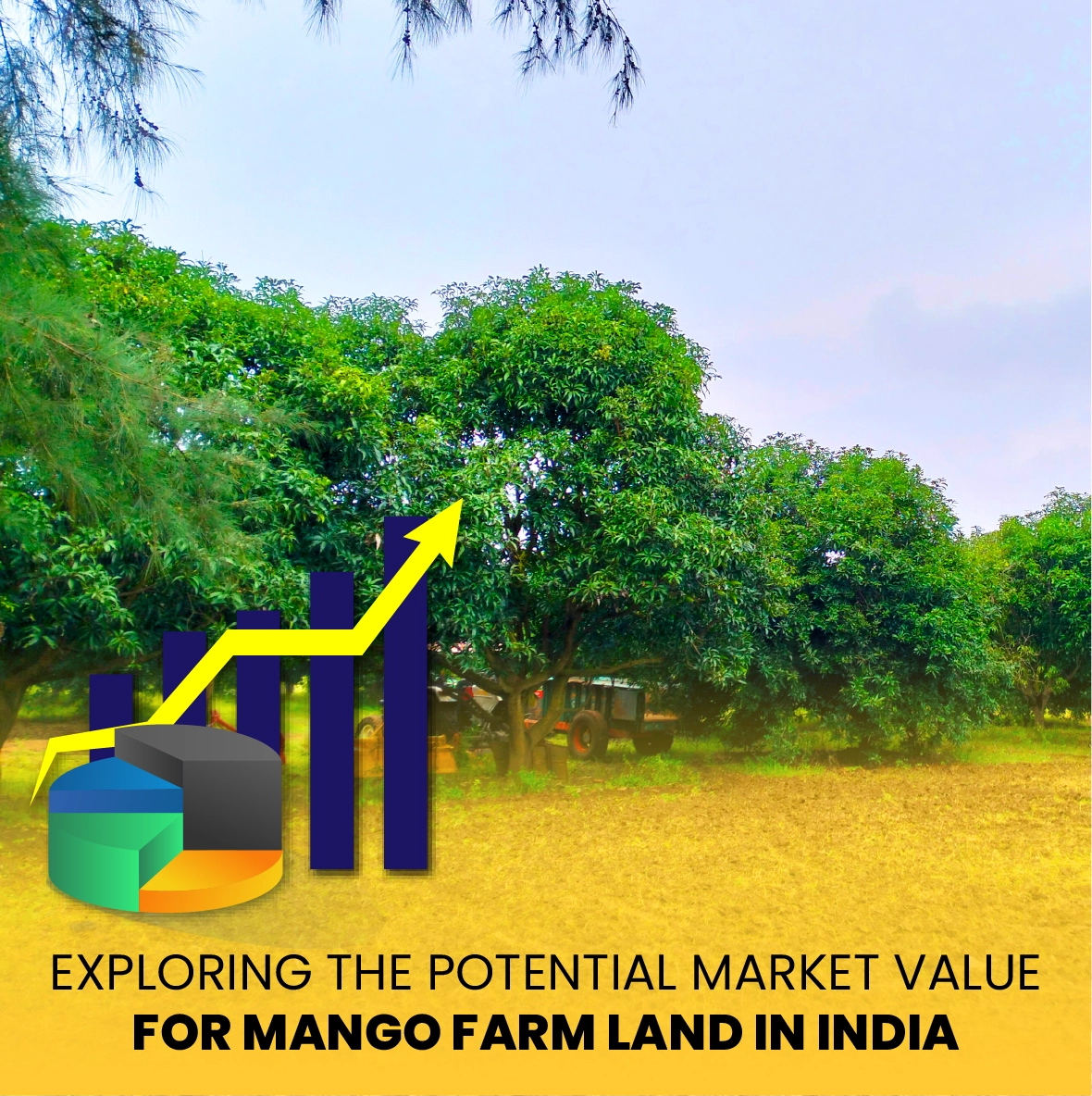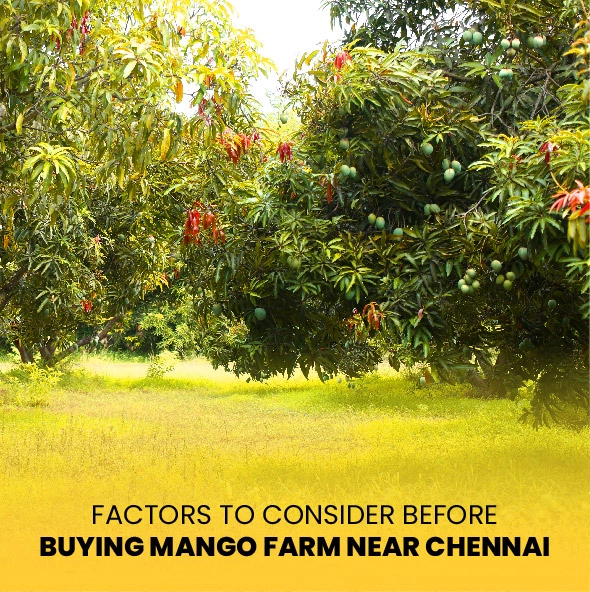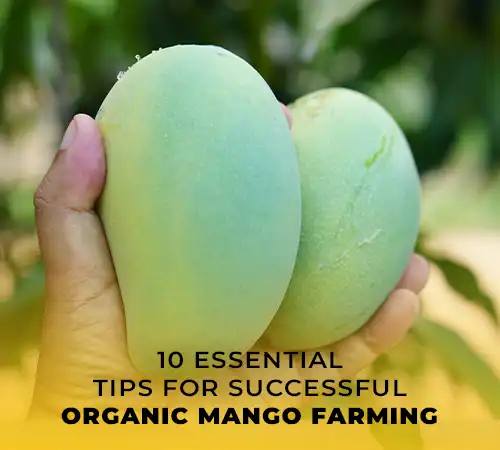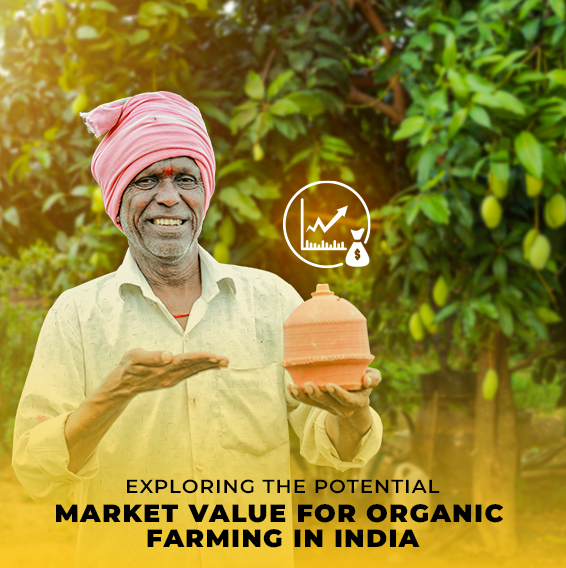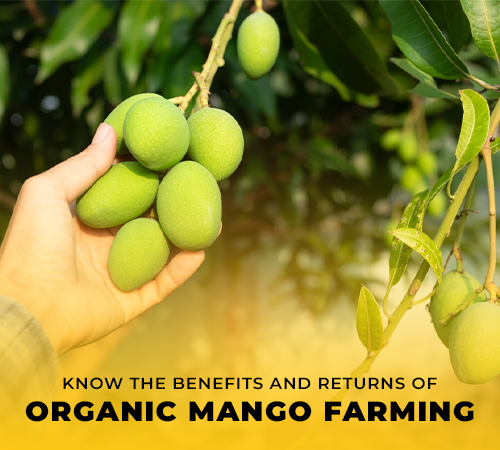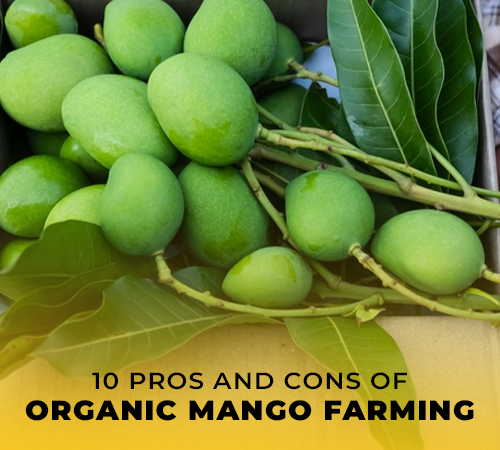The Alphonso mango, often heralded as the "king of mangoes," is a treasured fruit that holds a special place in the hearts of mango lovers around the world. Well-known for its great scent, bright colour, and unusual sweetness.From its historical roots in Portuguese India to its popularity on world markets, the path of the Alphonso mango is as intriguing as its taste. We shall discuss the origin, description, culinary uses, trade, and worldwide demand of this golden fruit on this site. We will also explore the exciting investment prospects in Alphonso mango farmland and highlight the inspirational success story of a farmer who transformed a tiny plot of ground into a flourishing orchard.

The Alphonso mango, known affectionately as the Hapus mango, this unique species comes from India. Named for Afonso de Albuquerque, a prominent Portuguese general and viceroy of Portuguese India from 1509 to 1515, this delicious fruit is The history of Portuguese colonisation entwines the tale of the Alphonso mango. Superior varieties like the Alphonso resulted from the method of grafting mango trees developed by Jesuit missionaries in Portuguese-owned Goa. According to historical records, Alphonsos were already cultivated in Portuguese Bombay by 1563 and regarded as valuable enough to show the governor, or viceroy, in Goa.
Alphonso mangoes are a seasonal delight gathered from mid-April to the end of June. These mangoes are prized for their rich, creamy, and soft texture as much as for their flavour. Usually weighing between 150 and 300 grams (5.3 and 10.6 ounces), they stand out from other types in their non-fibrous, luscious flesh. Alphonso mangoes seem visually pleasing as they grow since their skin becomes an attractive golden-yellow with a trace of crimson glow.
The Alphonso mangoes are a flexible component in many different kinds of cooking since exquisite taste and creamy texture abound. From mango sorbet, ice cream, and lassi to more complex sweets like soufflés, mousse, and purees, Alphonso mangoes can improve any meal with their distinctive taste and aroma.
Highly popular in both home and foreign markets, Alphonso mangoes are renowned for their great taste, scent, and vibrant colour. Recognising this luxury and quality symbol, countries including Japan, Korea, and many European nations import this premium fruit.
There has not been any easy path for Alphonso mangoes entering foreign markets. Concerned about non-native fruit flies, fungus, and other pests, the United States banned imports of Indian mangoes, including the Alphonso, in 1989. April 2007 saw the lifting of this ban provided the mangoes were treated before arriving in the nation.
In a similar vein, the European Union banned "non-European fruit flies" found in some shipments in April 2014, endangering local harvests. Businesses expecting financial losses objected to this arbitrary decision taken by the Indian government. But following major developments in India's mango export system, the European Commission removed the embargo in January 2015, enabling the Alphonso to take its proper place on European markets.
Investing in Alphonso mango fields presents a profitable possibility with great returns on money. This business links investors with developed surroundings where mango farm plants thrive. Apart from generating a sustainable income, it helps to preserve the environment by keeping healthy, grown trees. For individuals trying to diversify their investment portfolio, such land is appealing because of its reasonable cost. Owning a piece of mango farms can be a successful and fulfilling activity given the growing market for Alphonso mangoes both here and abroad.
Meet Konkan region farmer Ravi Kumar, who turned a little plot of ground into a flourishing Alphonso mango farmland. Having started with ₹10 lakh, Ravi meticulously designed and implemented sustainable farming methods. He saw a return on investment (ROI) of 20–25% yearly and greatly raised his yield throughout the years. His commitment paid off when he began making large profits by selling his produce to foreign markets. Ravi's success story now shows the great potential and profitability of this golden fruit, therefore motivating many young farmers to invest in Alphonso mango fields.
The Alphonso mango, with its rich agricultural legacy, great taste, and worldwide appeal, it is evidence of India. Notwithstanding many obstacles, the Alphonso is still king of mangoes, loved by fruit enthusiasts all across for its unmatched taste and quality. Investing in Alphonso mango farmland not only guarantees significant profits but also helps to preserve this beloved species, so assuring that next generations may savour India's golden gem.
